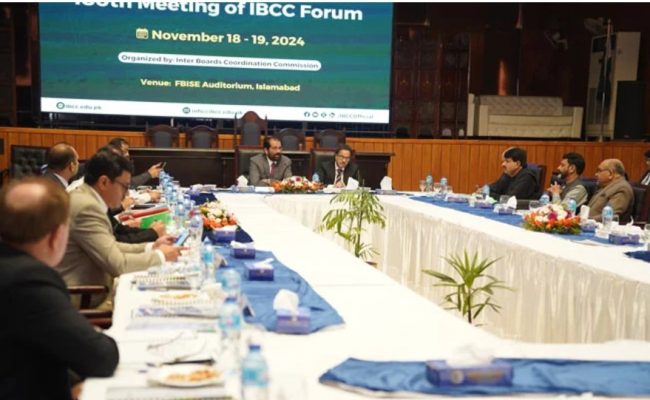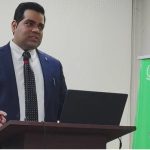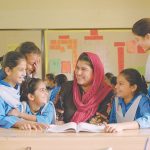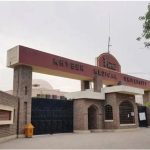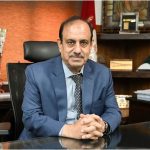The Inter-Boards Coordination Commission (IBCC) convened its 180th meeting at the Federal Board of Intermediate and Secondary Education (FBISE) on Monday to deliberate on key educational reforms and policies.
The session, chaired by Junaid Akhlaque, National Coordinator of the Inter-Boards Coordination Commission (IBCC) Forum and Chairman FBISE, alongside Dr. Ghulam Ali Mallah, Executive Director of IBCC, brought together the heads of educational boards and other stakeholders. The discussions focused on strategies to elevate Pakistan’s education system. Progress on the Model Assessment Framework (MAF), aimed at unifying assessment practices nationwide, was presented and received commendation from attendees.
The Forum endorsed the establishment of a Digital Question Item Bank to align assessments with the MAF, reflecting a commitment to modernizing evaluation processes. To ensure inclusivity, the IBCC approved policies offering registration and examination fee waivers for orphaned students. Additionally, examination registration forms will now include an “orphan status” column to facilitate targeted support.
A major point of consensus was the synchronization of examination timelines with university admission schedules, especially for medical and dental colleges. A uniform academic calendar was agreed upon, with exams scheduled for March/April and results finalized by June/July. This move aims to streamline students’ transitions into higher education.
The meeting also emphasized capacity-building through structured training and certification programs for teachers, assessors, and examination staff under the IBCC’s leadership. Strengthening the Inter-Boards Sports Committee (IBSC) was another priority, with the Forum commending the successful organization of sports events at both national and international levels.
The outcomes of this meeting highlight the IBCC’s proactive approach to addressing critical challenges and advancing educational equity and quality across Pakistan.

